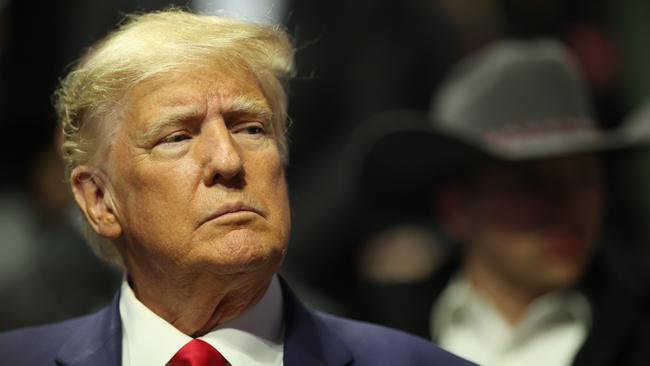
Any prosecution that emerges from this zombie case is almost certain to fail at trial.
But securing the former president’s mugshot, or a picture of Trump in handcuffs, for use in the future Democrat campaign might be useful compensation for New York prosecutor Alvin Bragg, who will make the historic decision in coming days whether to order Trump to appear before a judge in New York.
No current or former president has been indicted before, and US authorities have started making preparations in case protests erupt.
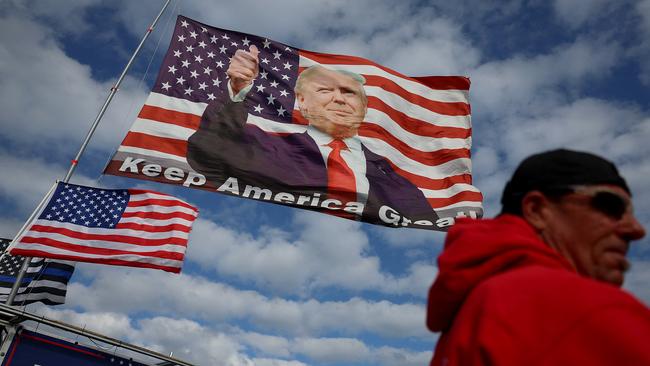
In question is a payment Trump made in late 2016 via his then lawyer Michael Cohen to porn star Stormy Daniels, to extract her silence over her claim that she had an affair in 2006 with Trump, who has always denied it.
The so-called hush payment itself, which Trump concedes did occur, isn’t illegal.
What might be illegal is the fact the payment was concealed and misclassified as “legal fees”, potentially breaking a New York State law against “falsifying business records”.
Furthermore, the concealment in turn may have broken a federal campaign finance law, which would require such a payment to be reported (given the potential impact on the election).
In hindsight it’s comical Trump even bothered with the payment, given the salaciously embarrassing Access Hollywood tapes, released with saturation media coverage in October 2016, appeared to have no impact on his electoral fortunes.
Legal experts argue proving these allegations will be very difficult. The federal department of justice declined, after all, to prosecute Trump for any violation of campaign finance laws over the Stormy Daniels payment in 2019.
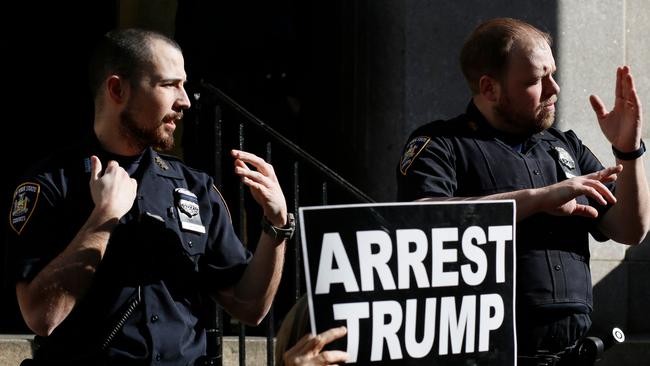
Bragg’s predecessor, Democrat Cyrus Vance didn’t bring any charges, and Bragg himself, after he came to office in early January 2022, suspended the investigation into Trump’s hush payment.
The 49-year-old lawyer’s eagerness to prosecute can’t be part of new-found ‘tough on crime’ approach, either, quite the opposite.
As part of his election campaign Bragg promised not to prosecute “low-level crimes” and to avoid seeking incarceration for all but the most serious in a city in the midst of a crime wave – very little of it related to payments to porn stars.
District attorneys and police departments have to choose which crimes to prosecute with limited resources available. A crackdown on 2016 bookkeeping practices appears to be an odd use of those resources.
So what has actually changed? Trump announced his third bid for the White House in November. At the same time, the wide array of legal cases and investigations hanging over the former president’s head have been disintegrating.
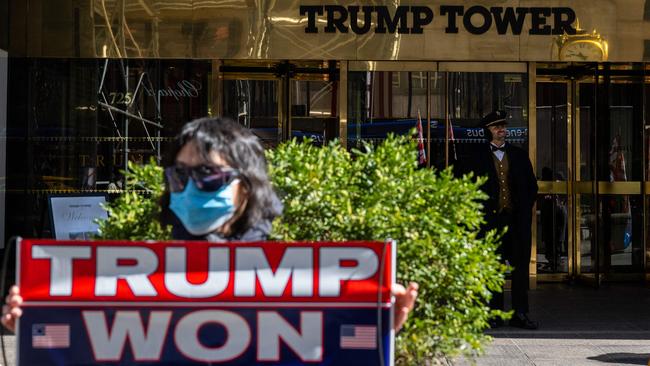
The chorus of fury directed at Trump for potentially illegally taking classified documents to his home in Florida home has fallen after Joe Biden was found in a similar predicament.
The Georgia grand jury investigation into the former president’s infamous “find me the votes” phone call appears to have imploded after a juror went rogue in the media.
If indicting Trump is a political, rather than a legal strategy, it could blow up spectacularly in Democrats’ faces, as some observers including Twitter owner Elon Musk have already pointed out.
Fighting what is so obviously a gratuitous, politically charged indictment, might be just what Trump needs to revive his chances, which practically everyone except he had written off at the end of last year.
Sadly, for the rest of America, it will provide the best evidence yet of the weaponisation of the legal system.


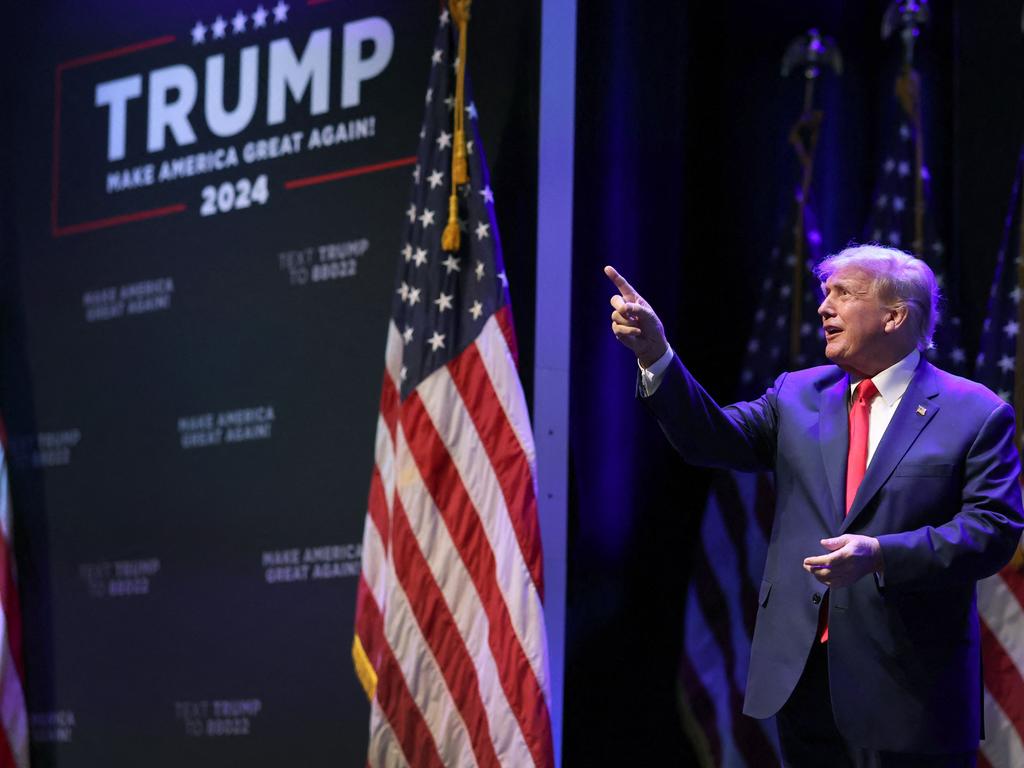

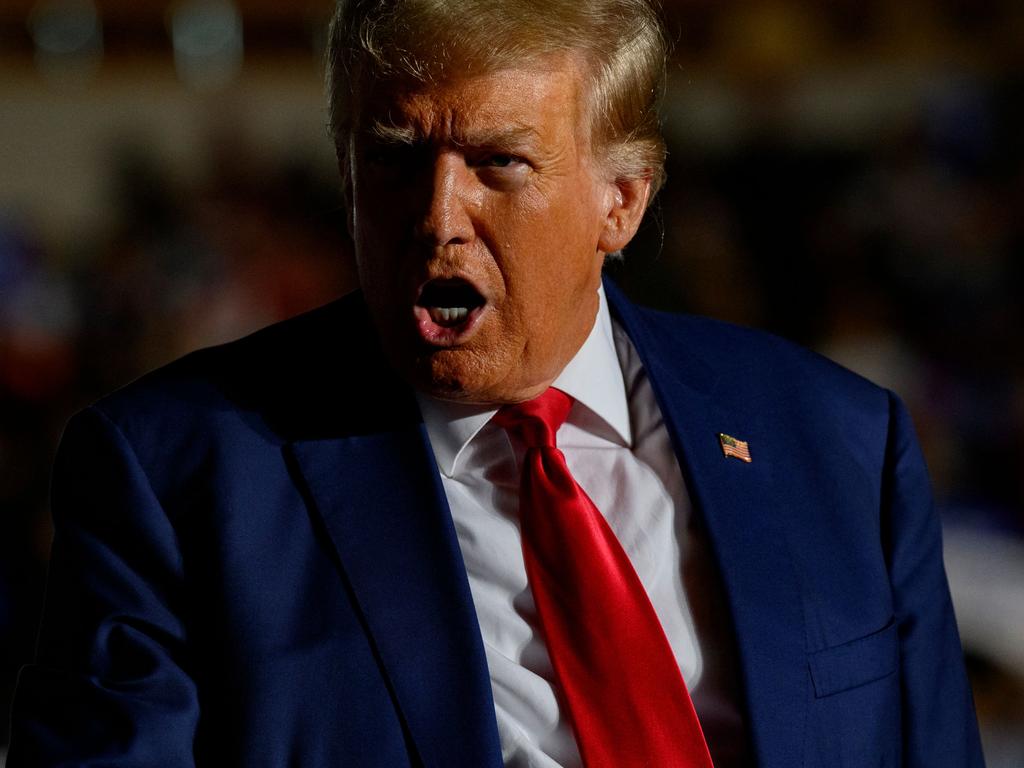

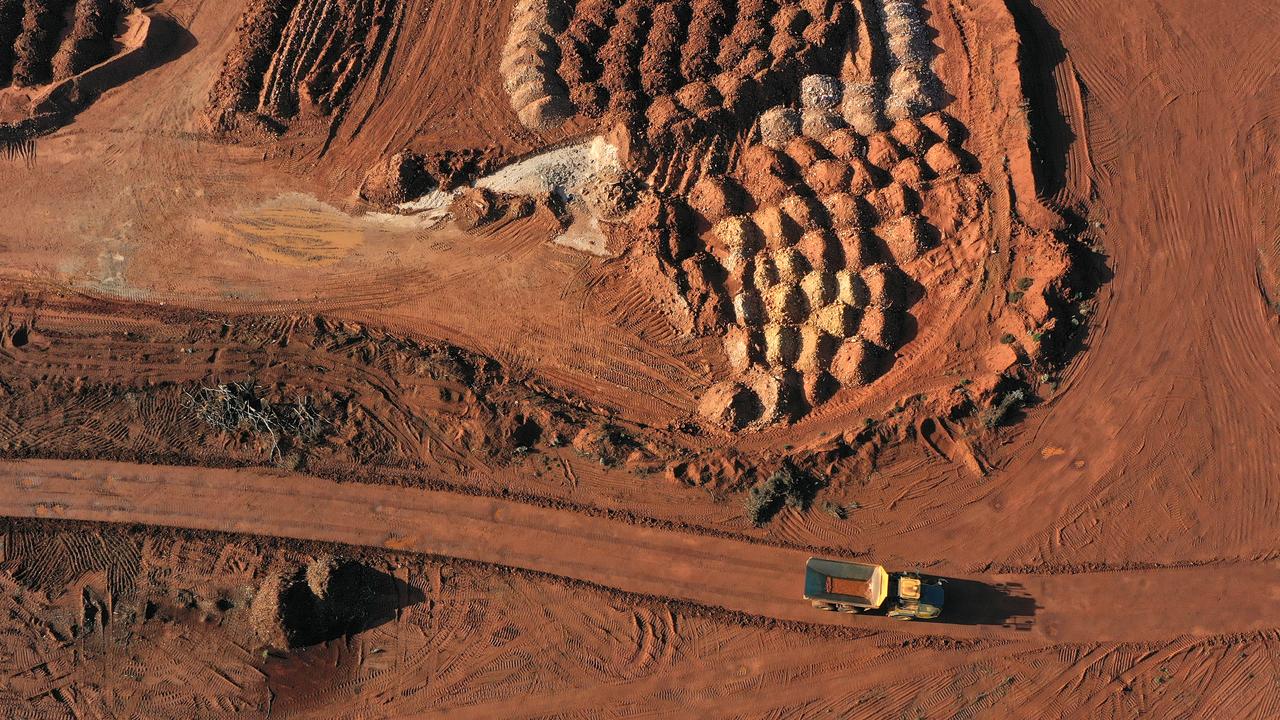
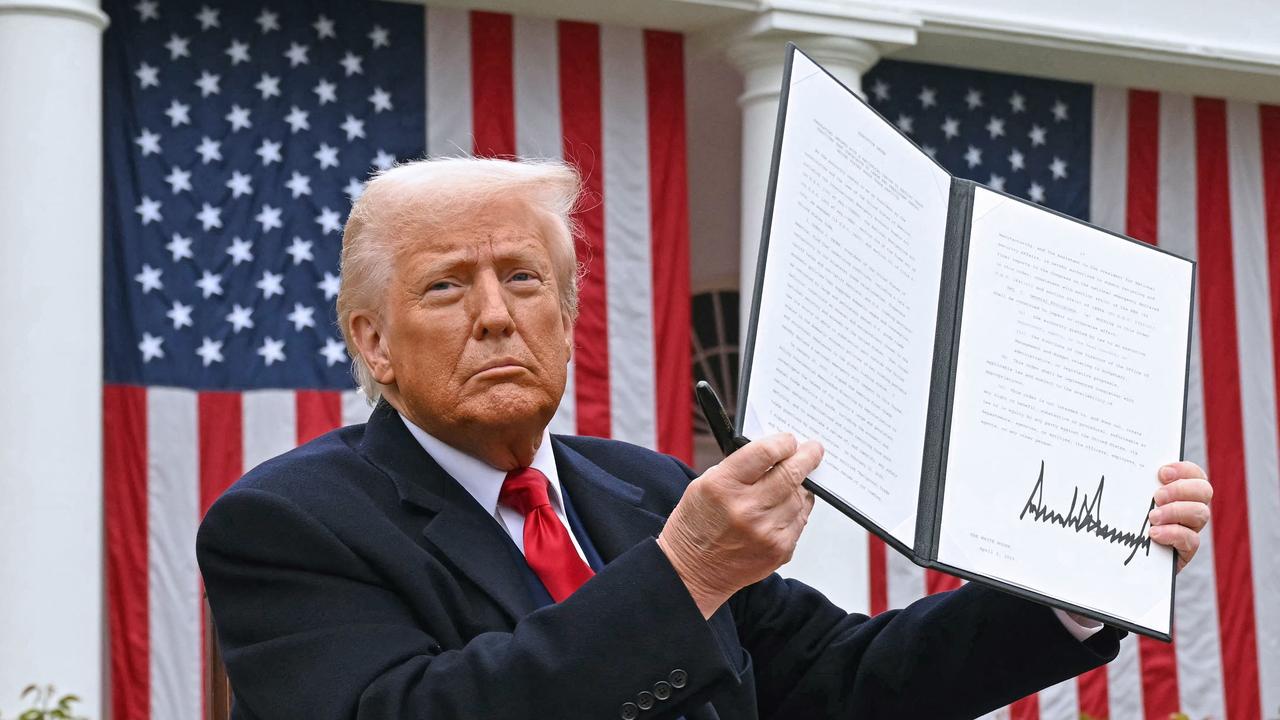
A looming attempt to arrest Donald Trump for allegedly hiding a hush-money payment to porn star Stormy Daniels, which could happen as soon as tomorrow, smacks of Democrats’ desperation to pin a crime on the former president.